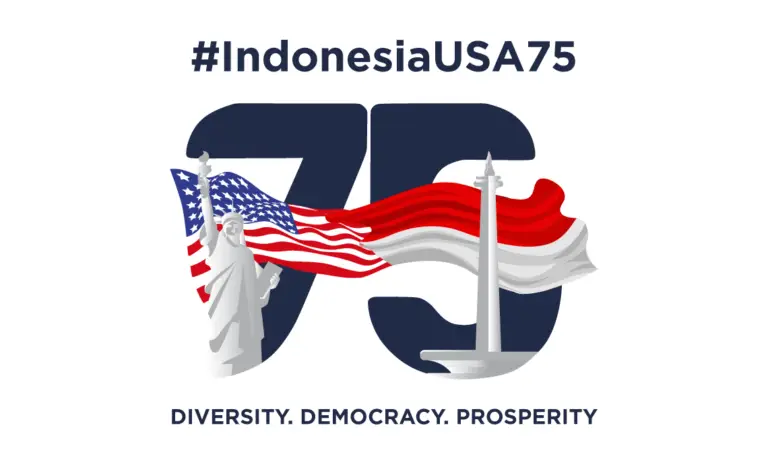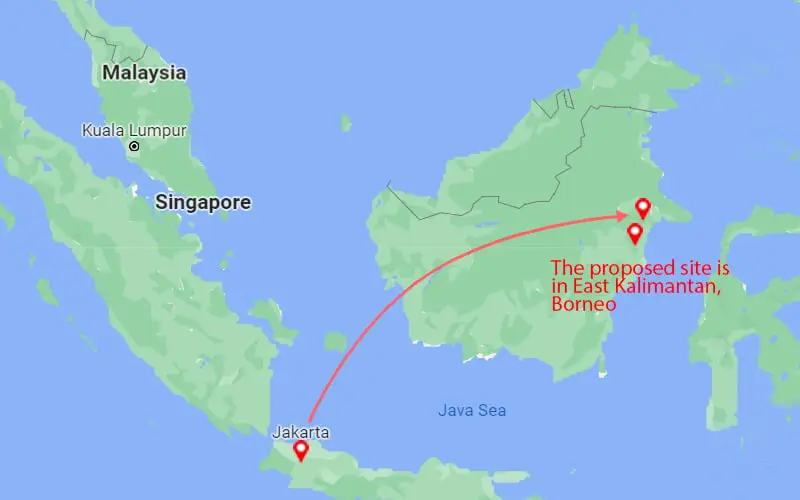Welcome to our South Asian Projects page, where we explore critical topics impacting South Asia and beyond. Our projects focus on diverse fields such as democracy, education, gender equality, cultural heritage, and language technologies. Each project is a unique collaboration that aims to advance understanding and foster connections between different cultures, regions, and academic disciplines.

Project 1
Project Name: Democracy and Authoritarianism: The Case of India and Bangladesh
India and Bangladesh are two neighboring countries in South Asia, which are characterized by their common history and culture, and have undertaken different journeys in terms of their political regimes since their independence from the British colonial rule. While India in essence has been a democracy with some persisting issues, Bangladesh has oscillated between periods of democratic mechanisms, authoritarianism, and military governance, demonstrating political instability. The first principle should mention that there are such countries, political circumstances, historical backgrounds, and present issues as complicated as the comparison of democracy and dictatorship in these countries.
Publication details: Curieux Academic Journal
Project 2
Title: Collaborative Initiatives in Education and Cultural Exchange: United States of America and Indonesia
Abstract: This paper examines the relationship between education, culture, and innovative sustainable development paths, with particular reference to the USA-Indonesia partnership. It focuses on the centrality of collaboration in pursuance of goals in the field of education, exchange, and culture for the attainment of SDGs. By exploring the case of joint educational programs and tracing the examples of cultural cooperation in detail, the work proves how these processes contribute to the development of understanding, innovation, and the launch of effective and efficient development paradigms. The paper will utilize examples of cross-cultural learning and the use of qualitative research to demonstrate the importance of cross-cultural learning for sustainable and fair development. It will highlight the appropriateness of educational and cultural development for social effectiveness, helping to enrich the assessment of developmental necessity.
This study enriches the discussion on international cooperation and identifies areas such as innovation, education, and cultural exchange as the critical potential for development cooperation between the USA and Indonesia.


Project 3
Title: Comparative Analysis of Gender Bias in Text-Based and Audio-Based NLP Models: Insights from Asian Linguistic and Cultural Contexts
This study examines gender biases in Natural Language Processing (NLP) models, focusing on text-based and audio-based systems within Asian linguistic and cultural contexts. It highlights how gender roles and cultural norms in Asian backgrounds influence these biases, using examples like Google Translate, Siri, and Alexa. The research focuses on analyzing datasets that reflect Asian languages and cultural norms, examining how gender roles, stereotypes, and historical patterns manifest in NLP models. The study employed comprehensive strategies, including analyzing word embeddings and model outputs. This helps identify stereotypes linking gender to certain professional traits, particularly in text-based models. It also examines the performance of audio-based NLP models in speech recognition, voice commands, and interpretation, highlighting accuracy issues, especially for profiles that deviate from standard demographics in the training data. The study analyzes word embeddings and model outputs to identify gender-related stereotypes in professional traits, highlighting persistent biases, especially in speech recognition models with lower accuracy for non-standard demographics. The findings suggest the need for strategies to curb biases and ensure equitable NLP outcomes that promote inclusion and diversity among users. The research is vital for NLP developers, scholars, and AI teams, as it explores text- and audio-based models, revealing findings that help reduce biases and promote equity in AI language systems.
Project 4
Title: Preservation and Management of Cultural Heritage: A Comparison Between Indonesia and Malaysia
Abstract: Preservation of cultural heritage in Malaysia and Indonesia is a complex interplay of political, social, economic, and historical aspects. The two countries have very diverse and rich cultural landscapes that consist of such material landmarks as historic temples, colonial edifices, and places endowed with scenic beauty; as well as intangible practices like language, dance, music, and craftwork. Thus, the purpose of this research is to study the management and preservation techniques employed to save culture in both Malaysia and Indonesia.
The primary objectives for this research are the growth of heritage safeguarding; community participation; protection of material components; and protection of intellectual elements. To determine the similarities or differences between approaches used by Indonesia compared to Malaysia towards their cultural heritage it will involve an extensive literature review process together with comparisons. South-East Asian neighbours-Indonesia compared to Malaysia can be said to have similar strengths as well as weaknesses when it comes to maintaining their abundant cultural wealth. It is a shared history that has had such a great influence on their cultures. Therefore, the focus of this paper shall be cantered on examining institution framework, law provisions, and key challenges so that they may assess these strategies regarding cultural assets in comparison. It gives insight into possible areas where improvement could be made while providing practical strategies for future projects.
